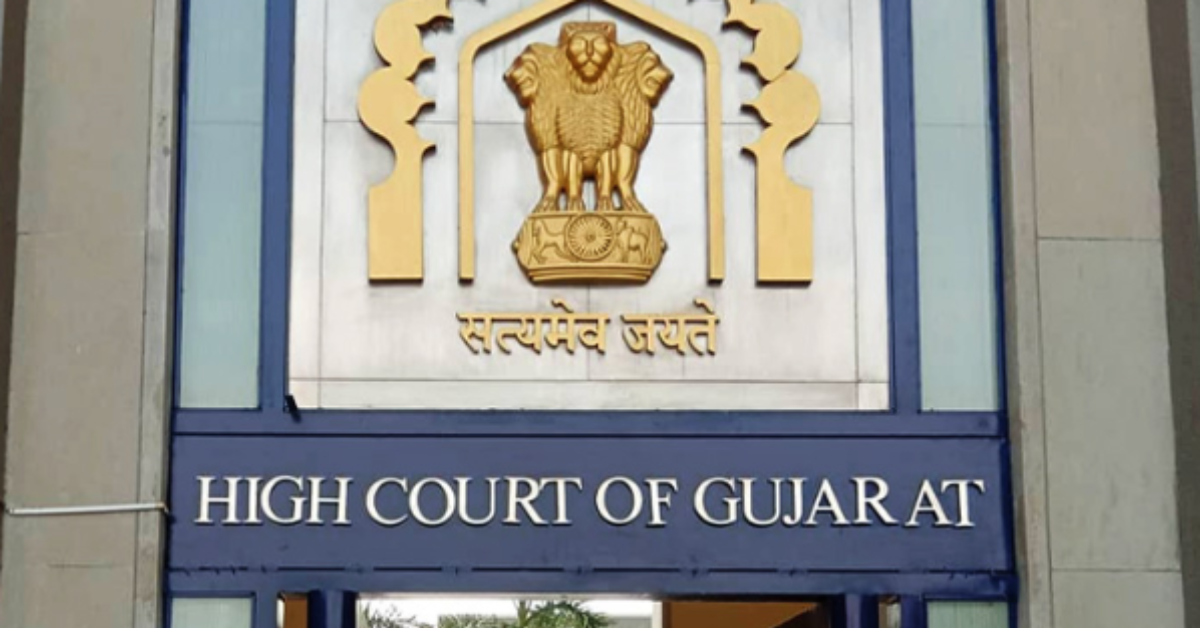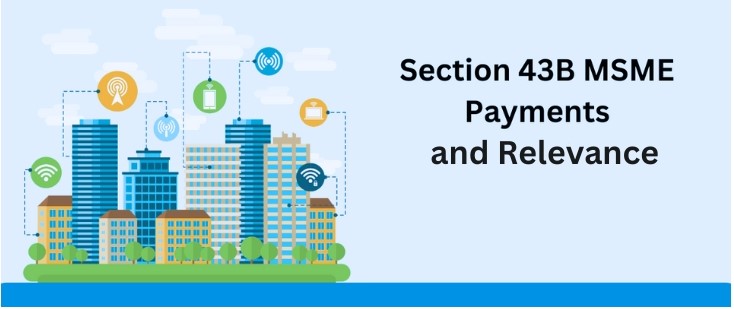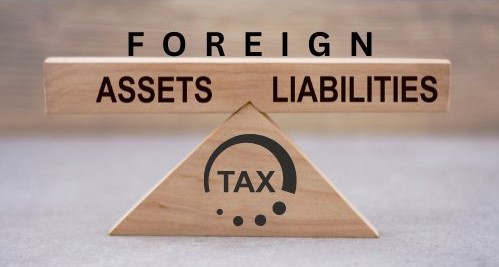Category: Income tax
Revision of Long Term Capital Loss Claims: A Landmark Gujarat HC Ruling
In a significant ruling, the Gujarat High Court has allowed an assessee to seek revision under Section 264 of the Income Tax Act for a claim of Long Term Capital Loss (LTCL) that was not made in the initial Income Tax Return (ITR). This case, Surat Trade and Mercantile Limited v. Principal Commissioner Of Income Tax Surat 1 & Anr. (CA No. 9157 of 2024), sheds light on the scope of the powers conferred on the Income Tax Commissioner under Section 264, particularly regarding omissions or errors made in the initial filing of returns.
Facts of the Case
-
Filing Error: The petitioner, Surat Trade and Mercantile Limited, filed a revision application under Section 264 of the Income Tax Act. They claimed that due to an oversight, the person responsible for filing their ITR failed to claim a Long Term Capital Loss (LTCL) of ₹121.88 lakhs, which arose from the extinguishment of certain shares.
-
Commissioner's Rejection: The Principal Commissioner rejected the revision application, citing that the intimation under Section 143(1) of the Income Tax Act had already been issued. The Commissioner argued that the petitioner could not be given a "second chance" to revise the return simply because they had failed to claim the LTCL in the original filing.
Key Observations of the Gujarat High Court
The Gujarat High Court overruled the Principal Commissioner’s decision and provided clarity on the scope of Section 264 of the Income Tax Act:
-
Powers of the Commissioner Under Section 264:
- Section 264 grants the Income Tax Commissioner the authority to revise any order, either suo moto or upon the application of the assessee. This power is discretionary and intended to correct errors or oversights that may occur in the assessment process.
-
Reference to Bombay High Court Rulings:
-
The Gujarat High Court referred to the Bombay High Court's judgment in Pramod R. Agrawal v. Principal Commissioner of Income Tax, where it was held that the Commissioner must ensure that relief is granted to the assessee where legally permissible. The court emphasized that the revisionary powers under Section 264 should be used to address errors or omissions that lead to a genuine claim being overlooked.
-
Similarly, in Asmita Damale v. CIT, the Bombay High Court held that the Commissioner, while exercising revisionary powers, must consider all relevant material that could affect the outcome, ensuring fair consideration of the assessee's claim.
-
-
Gujarat HC Followed Precedent:
- The Gujarat High Court also cited its previous ruling in Jindal Worldwide Limited vs The Principal Commissioner of Income Tax, where it directed the Principal Commissioner to reconsider claims omitted in the original proceeding on their merits.
Gujarat HC's Directive
In light of these rulings, the Gujarat High Court directed the Principal Commissioner of Income Tax, Surat, to reconsider the petitioner’s revision application. The court ordered the Commissioner to reexamine the claim on its merits within 12 weeks, after providing the petitioner an opportunity to present relevant documents.
Implications for Taxpayers
This ruling is a positive development for taxpayers who may have missed claiming legitimate deductions, such as Long Term Capital Losses, due to inadvertent errors or oversights during their ITR filing. Section 264 provides an important avenue for rectifying such mistakes, ensuring that taxpayers are not unfairly penalized for genuine errors.
Conclusion
The Gujarat High Court's decision reinforces the broad scope of the powers vested in the Commissioner under Section 264, emphasizing that tax authorities should ensure fair relief is provided to taxpayers where the law permits. Taxpayers who may have omitted legitimate claims in their returns should consider this ruling when seeking rectification of such errors, as it demonstrates that revision applications under Section 264 offer a viable solution.
The ruling also highlights the importance of being diligent in the initial filing of returns, as even though the law provides avenues for rectification, the process of revision can be time-consuming. Nonetheless, this decision is a significant victory for those looking to correct genuine errors in their tax filings.







